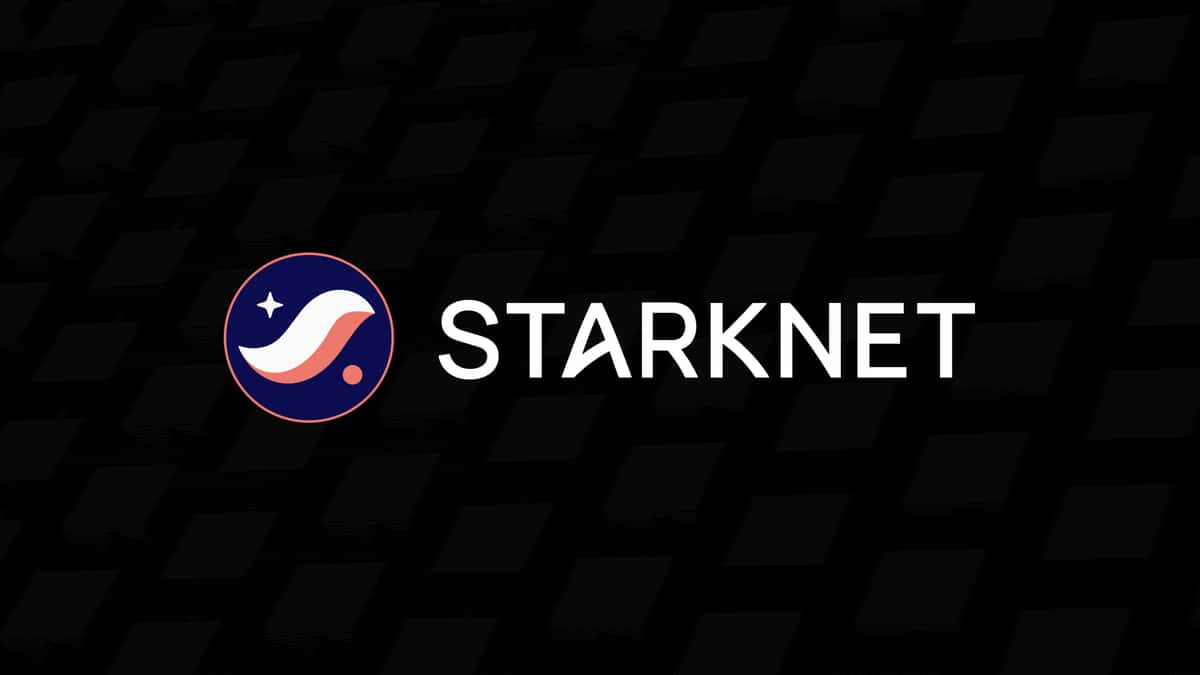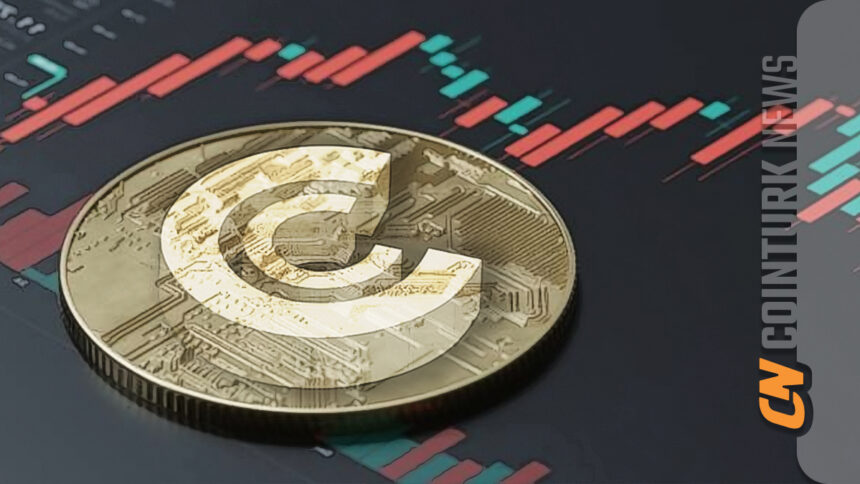Starknet Foundation announced that an airdrop of STRK tokens will be made to approximately 1.3 million wallet addresses, including the first users of the ecosystem dapps, contributors to the network, and others. The foundation’s reciprocity unit will publish the official draft of the STRK Airdrop today, and users will be able to verify their eligibility for the token distribution.
STRK Airdrop Scheduled for 1.3 Million Wallet Addresses
While the STRK Airdrop is planned to take place on February 20th, 1.297 million wallet addresses are expected to claim STRK tokens. There will be a four-month claim period until June 20th. More than 700 million STRK tokens, corresponding to 7% of the total token supply of 10 billion, will be distributed with the Airdrop.

According to Diego Oliva, CEO of Starknet, a ZK-Rollup solution-based Ethereum Layer 2 network, the STRK token will decentralize the network and pave the way for decentralized governance. Core participant Ben-Sasson thanked community members who have been actively testing STARK-based technology since the launch of StarkEx in 2020, especially those interacting with StarkEx-supported dApps such as dYdX, ImmutableX, Rhinofi, and Sorare.
The STRK Airdrop Will Encompass a Broad Range of Participants
The Airdrop includes Starknet’s early adopters, Ethereum participants (including Protocol Guild members, EIP authors, and solo stakers), and open-source developers outside of Web3. According to shared eligibility data, over half a million Starknet users, 600 thousand StarkEx users, 137 thousand open-source developers, and 19 thousand Ethereum stakers will receive a share from the Airdrop.
User eligibility criteria are based on a snapshot that evaluates transaction volume and frequency of interaction with the network, with a transaction condition of over $100 in cumulative value.
The provisions overseeing the token distribution plan represent one of the various community initiatives in the Starknet ecosystem, alongside programs like the devonomics program launched in December. Future initiatives such as refunds and subsidies aim to further encourage ecosystem activities.

 Türkçe
Türkçe Español
Español









